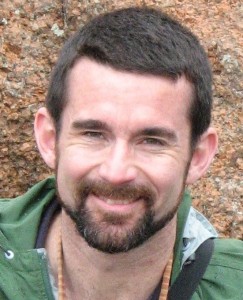 As medicine continues to grow in complexity and diversity, it is fair to ponder what roles may be best suited for the medical workforce of the future. A recent opinion piece argued that since we have no models permitting “any single physician to simultaneously and effectively serve the many patient subpopulations that exist,” we need to recruit, educate, and sustain a “diverse” health and healthcare workforce.
As medicine continues to grow in complexity and diversity, it is fair to ponder what roles may be best suited for the medical workforce of the future. A recent opinion piece argued that since we have no models permitting “any single physician to simultaneously and effectively serve the many patient subpopulations that exist,” we need to recruit, educate, and sustain a “diverse” health and healthcare workforce.
While I agree wholeheartedly that our workforce of the future needs caregivers who are technically skilled and adept at interdisciplinary collaboration, we also need to balance the increasing degree of specialization and compartmentalization in healthcare with a genuine appreciation for the breadth and generalism of primary care and family medicine.
Family physicians are “personal doctors for people of all ages and health conditions,” providing “first contact” care for acute needs, and directly addressing most of the healthcare needs of their patients. Additionally, family physicians can provide enduring continuity relationships in helping patients “manage illness, navigate the health system, and set health goals.”
Furthermore, when one considers the evidence that continuity in primary care is associated with improved quality, savings, adherence, preventive care, and reduced mortality, it is clear that the continuity offered by family physicians has the potential to provide better overall healthcare than care that fragments acute, chronic, and end of life care among different specialty teams and locations.
Finally, it has been clearly demonstrated at the systems level that primary care “helps prevent illness and death” and is associated with “more equitable distribution of health in populations.”
Family physicians are trained to provide the breadth (across the lifespan) and comprehensiveness (across settings and conditions) of care needed to serve our ever more complex population—encompassed within a continuous relationship that enhances quality over the long term. As we look to educate our future healthcare workforce, we need to ensure that family medicine and primary care physicians have a central and integral role.
William E Cayley Jr practices at the Augusta Family Medicine Clinic; teaches at the Eau Claire Family Medicine Residency; and is a professor at the University of Wisconsin, Department of Family Medicine.
Competing interests: “I declare that I have read and understood BMJ policy on declaration of interests and I have no relevant interests to declare.